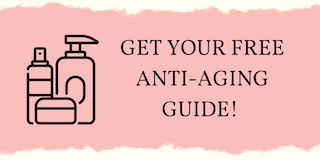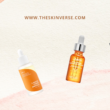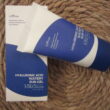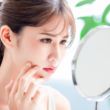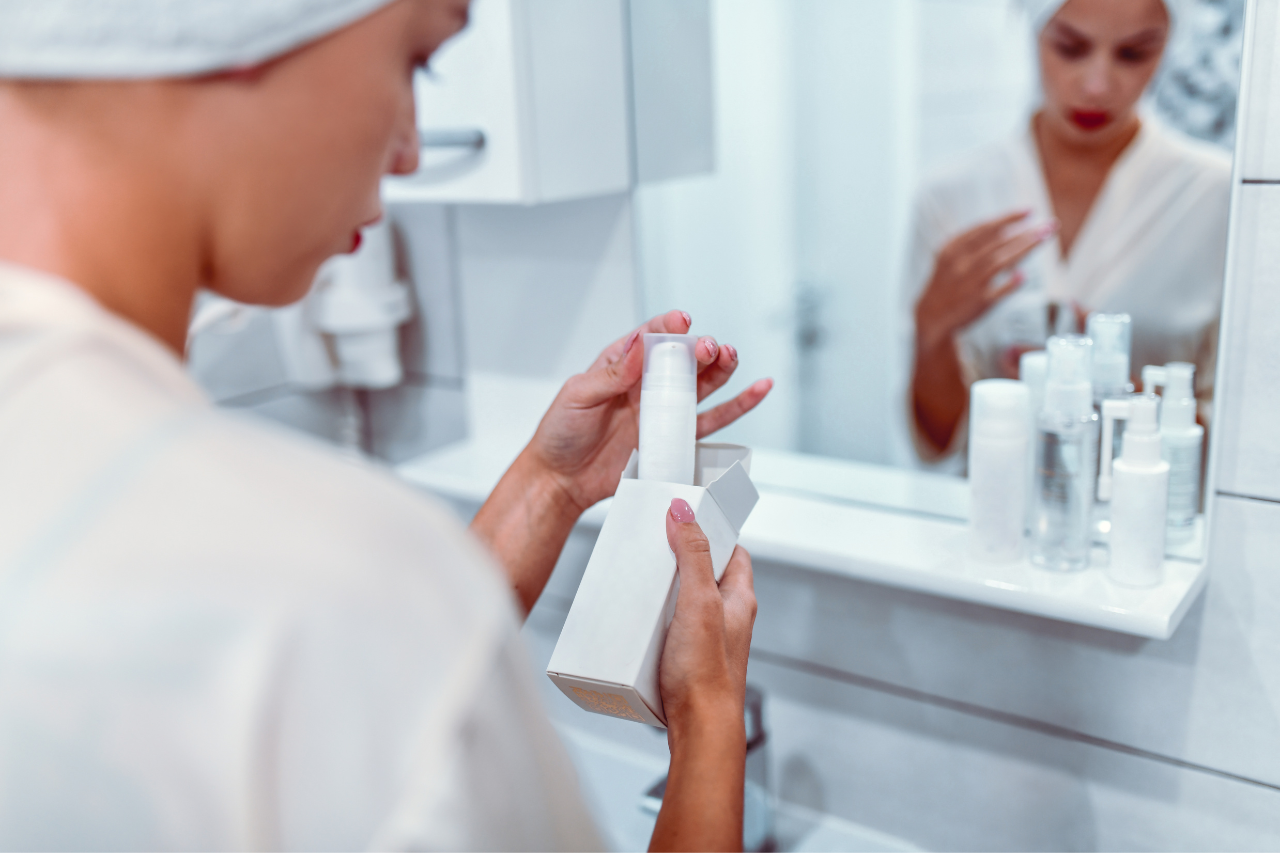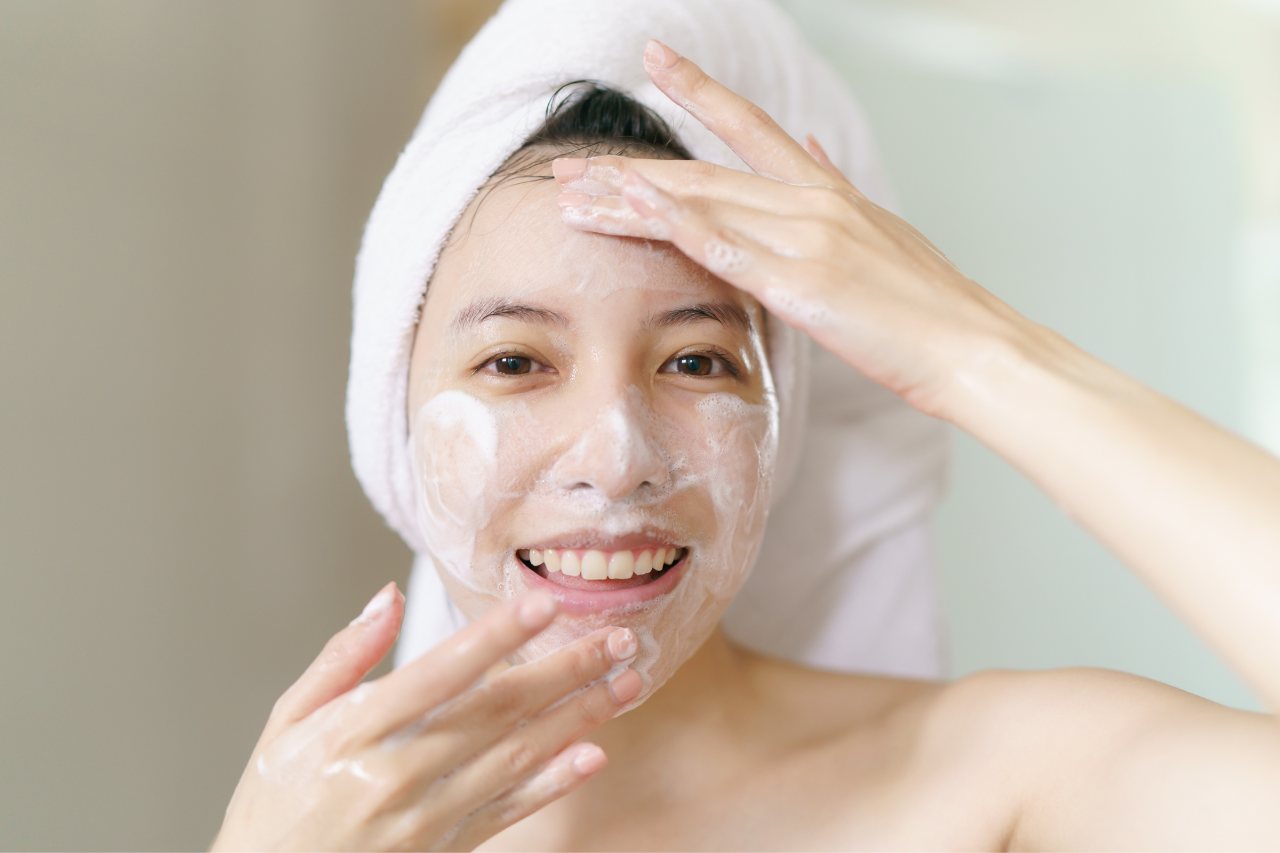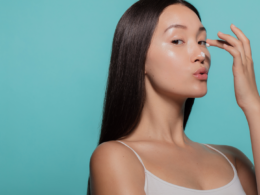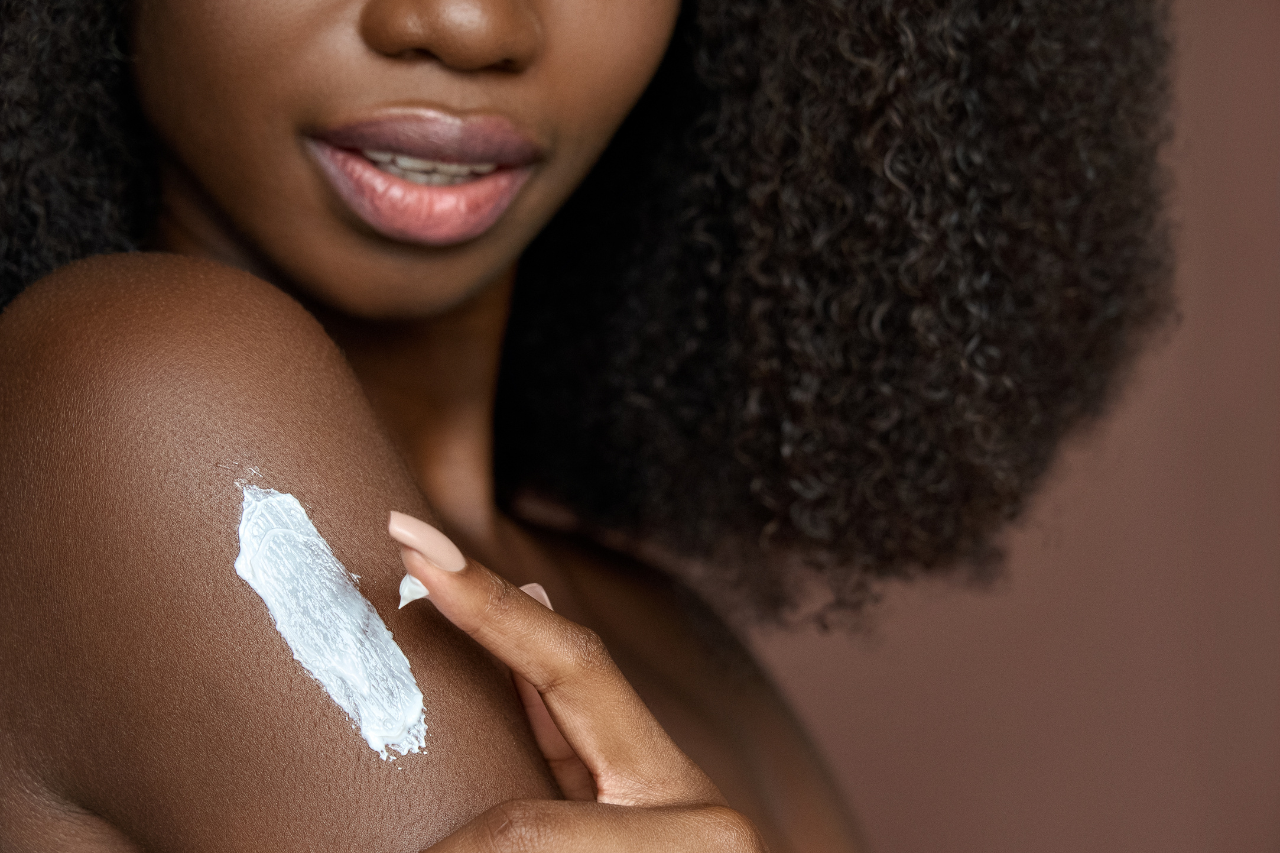If you have the habit of reading product labels, (which I hope you are) you probably have seen Butylene glycol on the list. Butylene glycol in skincare is a somewhat misunderstood name as there is sadly so much fearmongering going on. It has a lot of uses both in and out of the skincare world and we are going to tell you all about it in a minute.
First, what is Butylene glycol? (shortly,BG)
Technically, Butylene glycol is a type of alcohol, (don’t freak out) and it belongs to the alcohol group shortly referred to as “glycols“. It is mainly derived from corn that has been distilled properly. It is a clear, colorless, and relatively odorless liquid alcohol that is commonly used as a solvent or dispersing agent in many pharmaceuticals, cosmetics, and food products. There are many uses of Butylene glycol in skincare: ranging from sheet masks to sunscreens.
What are the benefits of Butylene glycol in skincare?
Butylene glycol is an active ingredient in many skin care products, where it functions as a humectant, emollient, and/or moisture-carrying vehicle.
#1. Butylene glycol is a softening agent
Softening agents, aka conditioning agents, add softness to skincare products which makes them smooth and they easily glide on the skin.
#2. Butylene glycol for skin acts as a solvent
BG is water-soluble, and due to this, it dissolves actives very effectively. This prevents the products from getting gritty or clumpy. As a result, it helps the product glide on the skin and get absorbed by the skin in no time.
#3. It acts as a humectant – attracts water to the skin
Alcohol to attract water to the skin? I know, a shocker! But not really. This again comes down to its “dissolving” qualities. It binds water to the skin by pulling the hydration from the lower layers of the skin and pushing it to the outer layer. This is what makes your skin look healthy, dewy, and hydrated all the way!
Learn more about alcohol in skincare: The Truth About Alcohol in Skincare: Friend or Foe?
#4. It stabilizes skincare products
As it is well known, it is important for skincare products to retain the effectiveness of the ingredients used – in other words, stabilizing them. Butylene glycol prevents these ingredients from crystallizing or losing their function, basically. This is one of the main benefits of Butylene glycol for skin.
Butylene glycol vs Propylene glycol – What’s the difference?
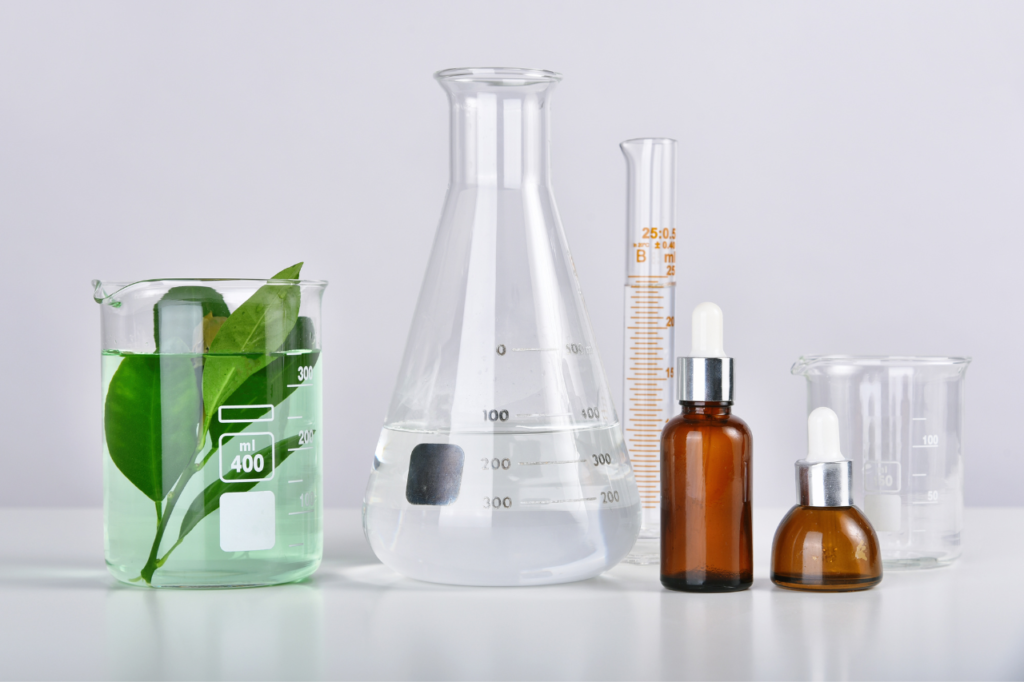
They are more alike than different, really. They are very similar in texture since they are colorless liquids derived from petroleum.
Butylene glycol and Propylene glycol also share a similar role in skincare – acting as solvents, as we mentioned above. They dissolve the ingredients in skincare products and as a result, they penetrate the skin better.
Both have hydrating effects on the skin, which is why they hold onto water really well.
Propylene glycol is a more popular ingredient in comparison with its younger brother, Butylene glycol. They are both used in serums, shampoos, cleansers, sheet masks, you name it! When it comes to irritation, Propylene glycol is more likely to irritate the skin, especially if it is sensitive.
And, yes, they are both used in the making of antifreeze which makes people freak out the most. (let’s get the elephant in the room out of the day) The thing you have to remember about this is that neither of them is toxic. Even EGW, who likes to spread fearmongering in the skincare community rates Butylene glycol for skin at 1 out of 10, the latter being the most toxic on the scale.
Can Butylene glycol treat acne?
Let’s get one thing straight: Butylene glycol in skincare can’t directly treat acne or its complications.
However, it does have anti-microbial effects which can be useful for acne-prone skin in general. You might come across some moisturizers that will have BG in their ingredient list due to this and its moisturizing effect.
How to use Butylene glycol for skin?
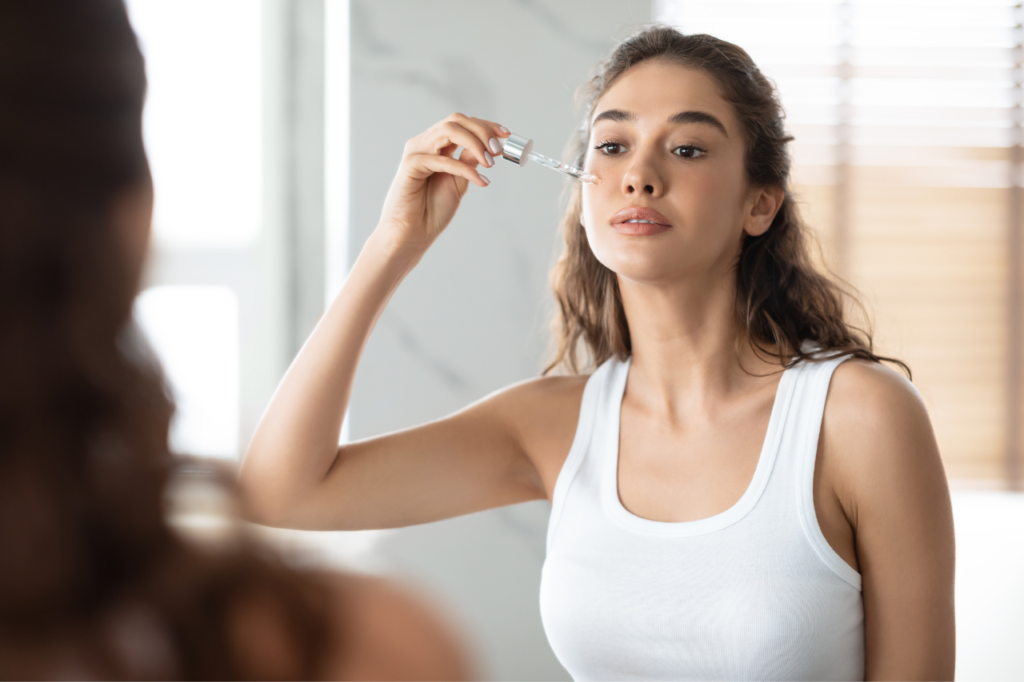
You can definitely reap the skin benefits of Butylene glycol in a myriad of products like moisturizers, shampoos, cleansers, sunscreens, sheet masks, lotions, and hair conditioners. The latter one is very popular due to its softening quality.
As it boasts moisturizing and anti-bacterial properties, it is a very versatile product for skincare brands. On top of that, it makes sure the products are stabilized so they maintain their effectiveness for a longer period of time.
Depending on your skin concern, it is up to you to decide which product to use out of the list above. Whatever that product may be, it will do its job properly.
Is Butylene glycol toxic?
The short answer is no. It is considered safe to use by the FDA as a food additive.
Because it is derived from petroleum, most people freak out and assume that it is toxic. Just because it comes from petroleum doesn’t make it toxic since there are tons of products in the market derived from petroleum, like plastics for example. Of course, you should reduce the amount of plastic used for the safety of the environment, but that doesn’t mean that you should banish petroleum and cancel it.
Another concern about using Butylene glycol for skin comes is related to the fact that it is a type of alcohol. Although it is a type of alcohol, it doesn’t dry out the skin or leave it parched. That said, it is possible to develop a Butylene glycol allergy, as there is a chance to develop an allergy to almost any ingredient out there.
Therefore, doing a patch test before using a product with Butylene glycol would be your best bet.
What are the side effects of Butylene glycol in skincare?
Side effects of Butylene glycol (BG) are rare, and it is considered to be an ingredient with low-level irritation. If you have sensitive skin, however, that might not be the case. If your skin is prone to allergic rashes, chances are butylene glycol might not be suitable for you.
Do a patch test for 24 hours before using a product with BG on your face, for example. If you experience any redness or irritation, and the side effects continue, immediately stop using it and consult with your doctor to see if butylene glycol is the cause of this reaction. At the end of the day, you decide what works for your skin.
Is Butylene glycol safe during pregnancy?
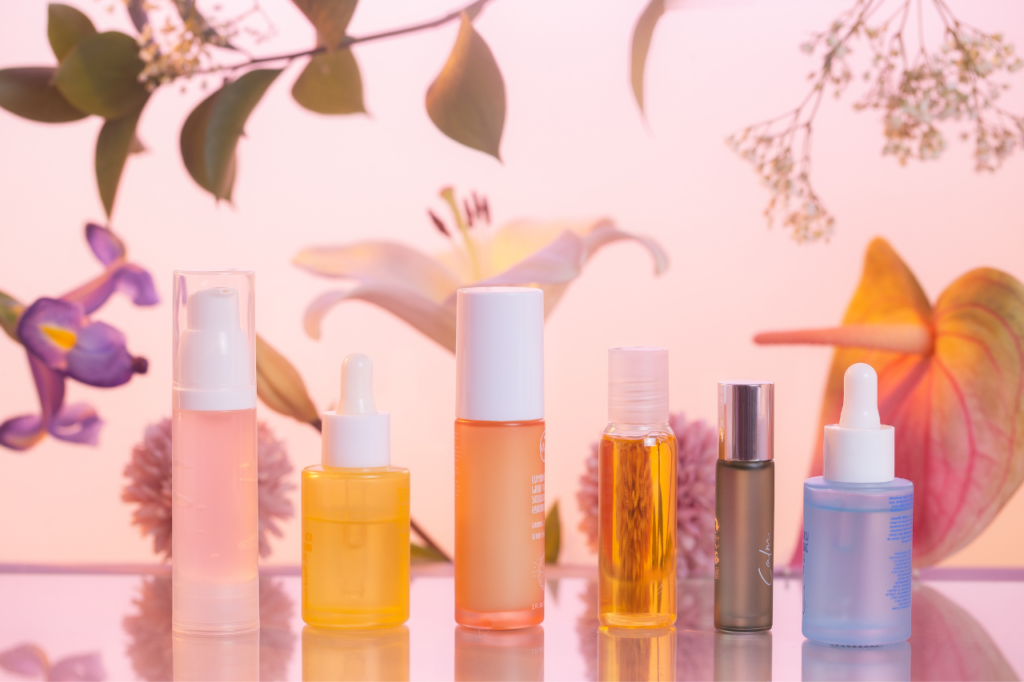
Unfortunately, there has not been enough study done to definitively state that it is safe during pregnancy. It’d be better to talk to your doctor and consult if you want to use it topically.
What we know so far is that butylene glycol has been shown to be an effective moisturizer when used topically on the skin, and it can help lock in hydration by forming a protective barrier on the skin’s surface. In addition, butylene glycol can help attract hydration to the skin.
The key takeaway
Overall, we can conclude that butylene glycol is a safe and effective ingredient that can help to improve the appearance and health of your skin. The benefits of Butylene glycol definitely outweigh its potential side effects.
When used as directed, butylene glycol is unlikely to cause any adverse effects. However, it is always important to consult with a dermatologist or other medical professional before using any new skincare product. Remember, prevention is better than cure, always!

